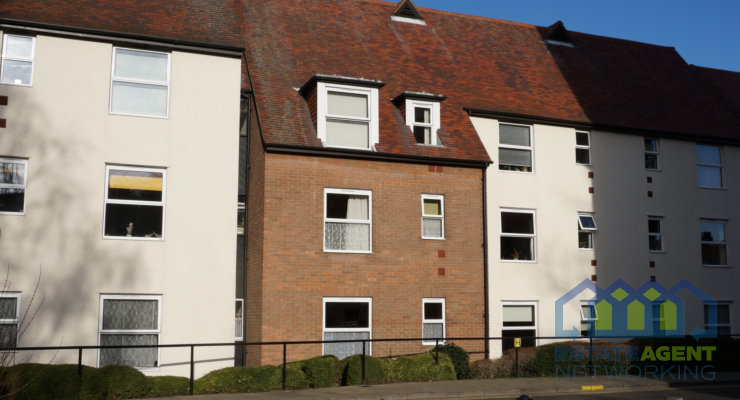In receipt of a lease extension offer from your freeholder? Here’s what to do.
It was less than 12 months ago that housing developers such as Taylor Wimpey were exposed as having sold tens of thousands of houses on leasehold title with onerous ground rents that left a huge number of leaseholders trapped in their properties, unable to sell and unable to buy out of the rental clauses. The Government took action by the end of the year, banning the future sale of new houses on leasehold title, but that still left vast numbers of leaseholders of flats, new and old, in precarious situations.
The Leasehold Reform Bill working its way through Parliament is currently at its second reading in the House of Commons and has a long way to go before being enshrined into law and with Brexit dominating the rest of the year and beyond, it may be 2, 3 or more years before leaseholders see any benefits. There is much speculation as to how big a win this bill will be for leaseholders. Predictions range from capping the cost of capturing your freehold to ten times the value of your ground rent, to a legally defined relativity graph and a simplified legal process.
So where does that leave leaseholders in the current climate? Unfortunately, there are no hard and fast rules as the road ahead in terms of the market, lenders and politics is uncertain, but there are perhaps some pieces of advice worth taking. The first concerns the definition of what would be a reasonable ground rent, with reference to lenders. Nationwide for example limits the starting ground rent on all new build properties to be no greater than 0.1 percent of the property’s value which does not escalate out of control by doubling every 5, 10 or 15 years. It is suggested that an index such as the Retail Price Index (RPI) would be considered reasonable but that mortgage Valuers should decline the property if they were of the belief that the rent severely affects the marketability of the property.
A typical offer from a freeholder when asked by their leaseholder is often in the form of a new 99 year lease, with a £350 per annum ground rent, that doubles every 20 years for a premium of x pounds. Now in London, if that property were to be worth £450,000, 0.1% would equate to £450, so would meet Nationwide’s criteria, however that is 1 lender and mortgage criteria is only going to go in one direction; tighter. Also worth mentioning, is the fact that most buyers in the marketplace now consider 99 years to be worthy of extension with 125 years a more realistic starting point.
It is also pretty likely that the offer will be accompanied with a time limit and a statement that the cost of an extension under the S42 route will be much more expensive and incur far greater valuation and professional fees. It is at this stage that you need to instruct your own Chartered Leasehold Valuation Surveyor, who will inform you of the likely premium, costs and parameters of a formal S42 extension. This extension is technically a new lease, equal to the existing term, plus an additional 90 years and a peppercorn (zero) ground rent and is for the time being, the gold standard.
An experienced Valuer can look to negotiate informally in an attempt to achieve more favourable terms (longer lease, lower or zero ground rent and a lower premium) whilst being very aware when it is the right time to call it a day and serve a S42 notice of claim. You are responsible for your freeholder’s professional fees as well as your own which puts the average cost of such a claim at around £5,000 so any informal offer will need to factor in the time, expense and stress.
Come the next decade, leases could be extended under vastly favourable circumstances. Equally they may not, and any legislation could be a huge disappointment, by which time any gains would have been wiped out by your lease being 2 years shorter and property prices having risen. In these times of uncertainty, the advice of an expert RICS qualified surveyor is more valuable than ever.









